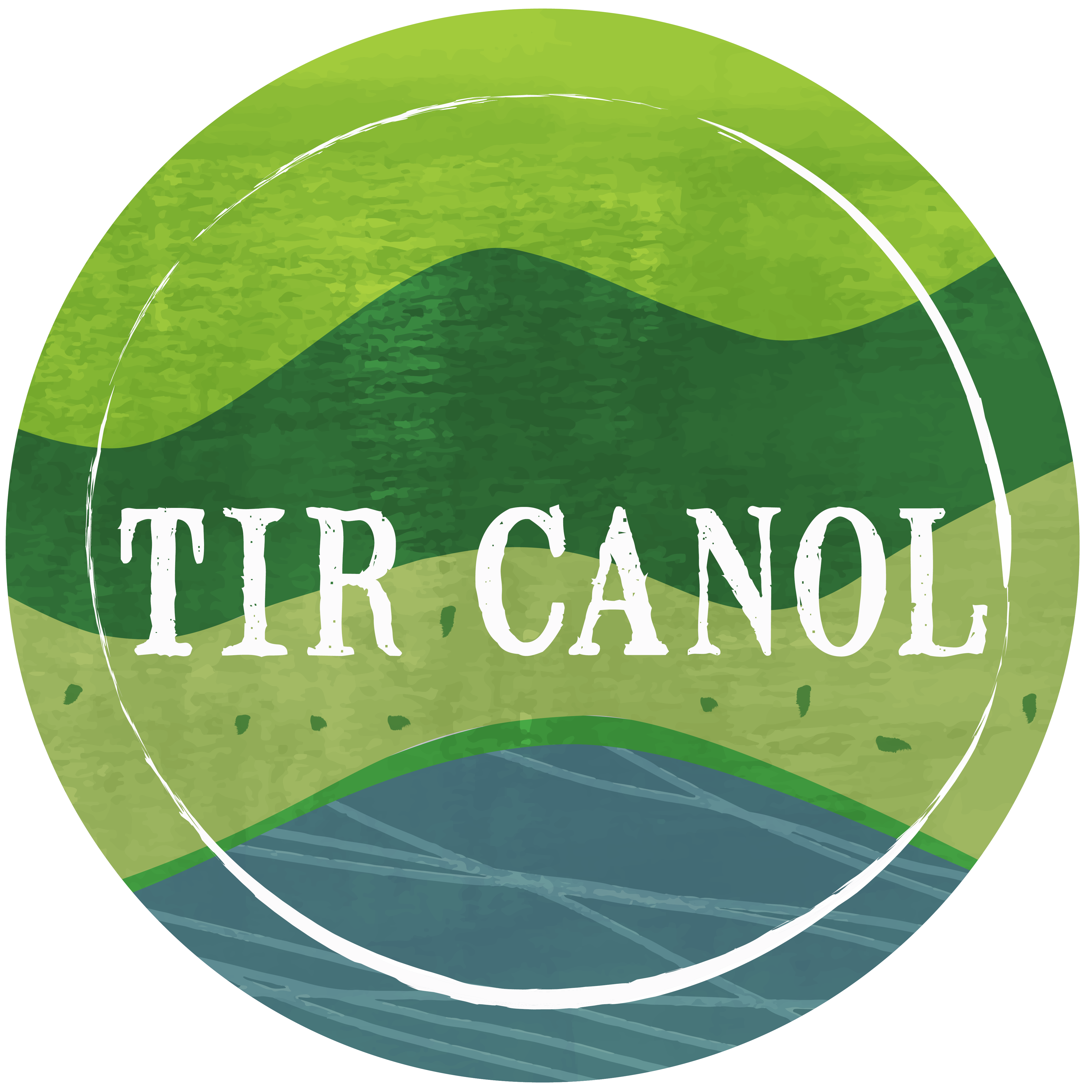A new project in the Dyfi Valley is exploring a way that trees and shrubs could contribute to farming livelihoods by producing organic fertilisers for horticultural and arable crops. The Perennial Green Manures (PGM) project is testing fertilisers made from the leaves of plants including alder, willow, gorse, comfrey and clover.
The manufacture of nitrogen fertiliser causes greenhouse gas emissions and the climate impact of this along with rising fertiliser prices is a significant challenge for the agricultural sector. Nitrogen fixing plants, however, can convert nitrogen gas from the air into a form which can be used by crops without emitting greenhouse gases.


By growing a mix of trees, shrubs and perennial plants, including nitrogen fixers such as alders, gorse and clover, farmers can build up a mass of nutrient-rich leaves which can be cut and added to cropland. This is similar to the traditional use of green manures such as nitrogen-fixing clovers and vetches which are grown on cropland and ploughed in to enrich the soil.
Planting permanent areas of nitrogen fixing trees and shrubs offers increased benefits over short-lived green manures, increasing shelter and habitat, reducing flooding, building up soil carbon and recovering any leached nitrogen from neighbouring fields.
Recent research at Bangor university showed that Perennial Green Manures may also increase the efficiency of nitrogen use so reduce pollution. Experiments using PGMs found reduced emissions of the greenhouse gas nitrous oxide from soil, and lower risk of nitrate leaching compared to the use of traditional clover green manure and manufactured fertiliser.
The Perennial Green Manures project is part of Ecodyfi (a partner of Tir Canol) and funded by the Co-op Carbon Innovation Fund.

The project would like to connect with farmers, land managers and environmental organisations who have an interest in the project. Please contact: clo.ward@dyfibiosphere.wales or tilly.gomersall@dyfibiosphere.wales
